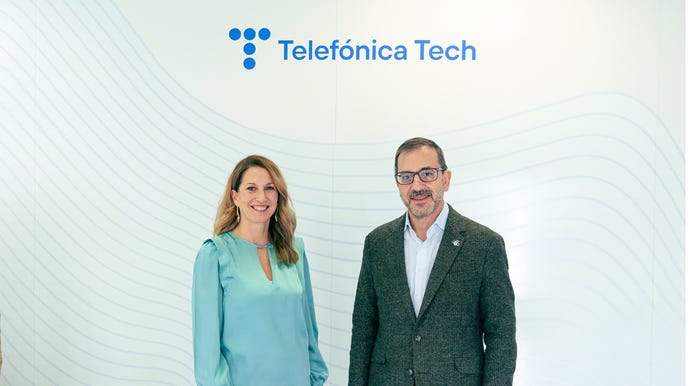
Connects decision-makers and solutions creators to what's next in quantum computing
Quantum Computing Summit Austin 2022: Industry Landscape AnalysisQuantum Computing Summit Austin 2022: Industry Landscape Analysis
Omdia reveals top three challenges for quantum computing vendors

Delivering the opening keynote at the Quantum Computing Summit Austin, Omdia chief quantum computing analyst Sam Lucero gave a detailed assessment of the quantum computing landscape to contextualize the two days of the event.
Tech Giants and Small Startups
Lucero opened by examining some statistics on the major players in the quantum ecosystem, which currently tend to cluster at either end of the size scale. At one end are startups or up to 50 staff and at the other are diversified multinational tech companies such as Amazon, Alibaba, Microsoft and Google Quantum AI. Correlating this data against the year companies were founded, Omdia discovered an interesting trend.
“Up until 2016, we were seeing single-digit new introductions per year,” he said. “In 2017 that shoots up to double digits.”
“We can correlate that with IBM introducing cloud access to quantum computing resources in 2016 and commercializing data in 2019. What that seems to have done is to democratize access to quantum computing resources so that adopters didn't have to build their own $10 million research rigs, they were able to just access what they needed when they needed it.”
That opened access for adopters to experiment with different types of quantum computers, which in turn opened up space for different kinds of vendors in the market. This resulted in significant growth in hardware and software vendors to help those adopters experiment and stand up computing research services.
Quantum Winter?
However, Omdia data shows that the number of new quantum start-ups dropped to just 16 in 2021, and looks to drop further in 2022, despite overall investment in the space increasing.
“We think this implies one of three possible scenarios,” said Lucero.
“The best-case scenario would be that investments going up and the new starts going down is just a temporary blip, maybe macroeconomic headwinds, maybe a talent shortage.
“The midline scenario would be that investment keeps going up. We enter a longer-term down cycle in new starts, and that could imply investors have found the horses that they're betting on; investment is going up, but it's going up for a select number of players.
“The worst-case scenario would be that investment is a lagging indicator, so new starts go down and then in year two investment starts going down. That would really be a quantum winter. We don't think the worst-case scenario is the likeliest, but those are the three scenarios that we are very much keeping an eye on.”
Top Three Challenges
A recent Omdia vendor survey found the top three challenges for vendors were that there is still significant research to be done, concern that there was too much hype in the industry and that more funding for vendors was needed.
“Now I'm actually a little bit surprised by these results because when I talk one-on-one with vendors, they're more confident and more sanguine about the prospect that this is more about the engineering challenge than a core fundamental scientific challenge,” said Lucero. “But some prominent academic physicists have come out and said that this is still a scientific matter of inquiry; it's not a totally done deal yet. Vendors seem to be fairly reasonable about that as a challenge.”
He added that if quantum computing reaches its full potential, it could be revolutionary in terms of helping humanity to address core problems around climate change or developing breakthrough new pharmaceuticals, for instance.
“If we achieved that exponential speed-up vision, I don't think the hype is unwarranted,” Lucero said. “But this is going to be a long process with a number of milestones and signposts and when we can achieve them by might be more of a cause for concern.
The main risk surrounding vendors’ third concern, funding, is the potential, imminent global recession.
“I think that vendors are very aware of that, particularly those that did not secure funding in the last year or two; that that could potentially be problematic,” said Lucero. “But vendors are still very confident overall.”
About the Author
You May Also Like






